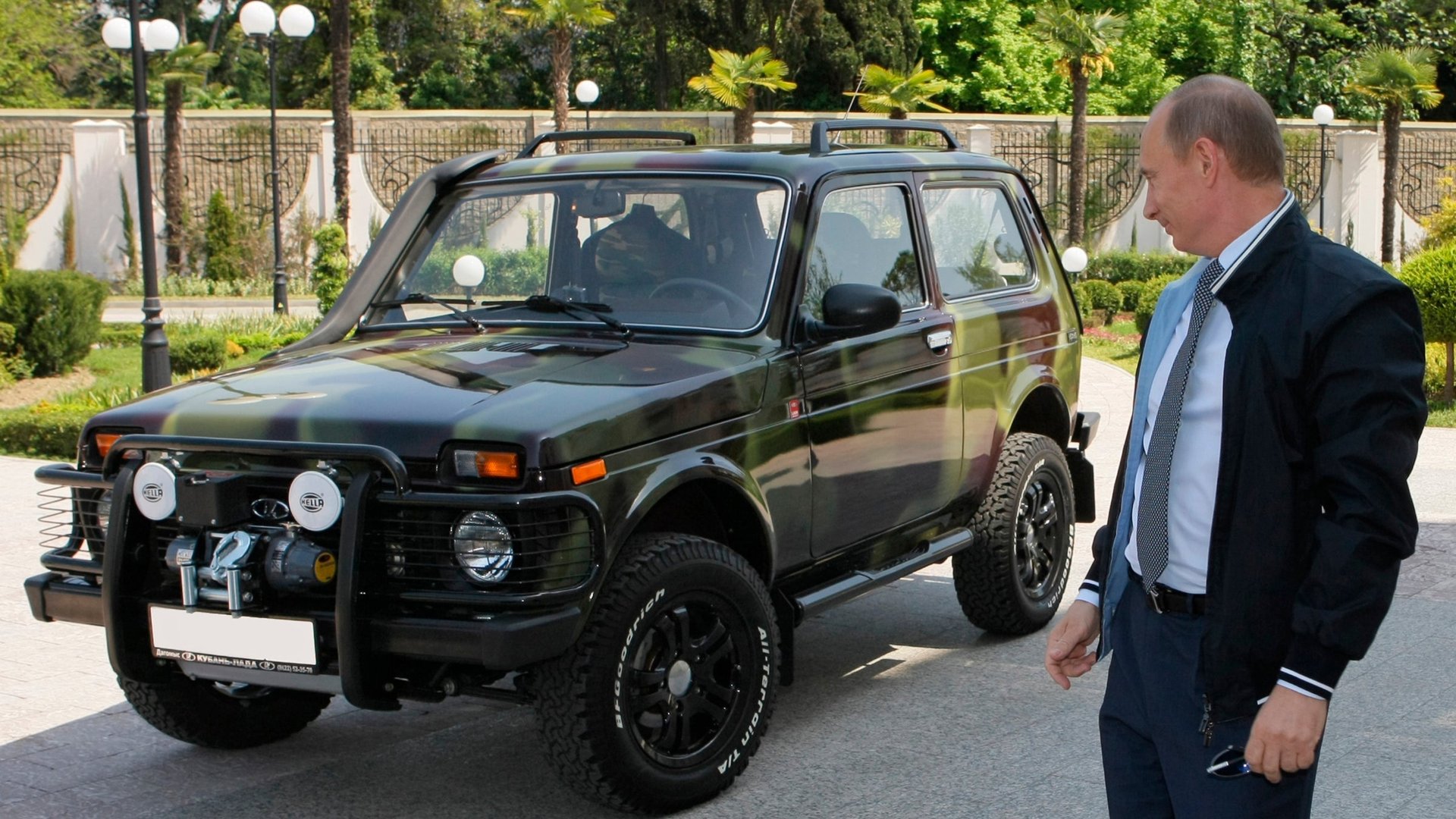Ford is betting on SUVs to turbocharge its Russia sales
Russians are buying more SUVs, and Ford wants a bigger piece of the action. The US carmaker will start producing two 4x4s—the Escape and the EcoSport, in Russia. Local production will help Ford offer its vehicles at a lower price compared to international competitors who mostly sell imported SUVs. Ford is betting on the SUVs to boost its sales in Russia in the second half of the year, and help offset the continued weakness in the European markets.


Russians are buying more SUVs, and Ford wants a bigger piece of the action. The US carmaker will start producing two 4x4s—the Escape and the EcoSport, in Russia. Local production will help Ford offer its vehicles at a lower price compared to international competitors who mostly sell imported SUVs. Ford is betting on the SUVs to boost its sales in Russia in the second half of the year, and help offset the continued weakness in the European markets.
In 2012, 843,100 SUVs were sold in Russia, accounting for 30.6% of the market and coming within striking distance of the top-selling compact car segment, according to Autostat market-research firm (paywall). In April, Ford started producing the Explorer SUV in the Russian republic of Tatarstan, to meet the growing demand.
There’s significant room for growth in the Russian market. There are only about 270 vehicles per 1,000 people in Russia. That’s significantly lower than the 570 in Germany and 780 in the US. Analysts expect Russia to replace Germany as Europe’s largest car market. In 2012, 2.94 million cars were sold in Russia, compared to the three million in Germany.
There’s also the hope that the Kremlin will announce measures to boost car sales. Ted Cannis, CEO of Ford Sollers, Ford’s Russian joint venture, told the Detroit Press that the government would likely introduce shortly a scrappage plan to reduce the average age of vehicles, and interest loan subsidies for first-time buyers.
For years, global automakers struggled to make a mark in Russia due to prohibitive tariffs on imported vehicles. But with Russia’s entry into the World Trade Organization, the Kremlin agreed to cut duties on imported car parts if international carmakers increased the share of locally produced cars from 30% to 60%. International automakers rushed to forge partnerships with Russian companies to meet the higher local sourcing norms. Ford was among the first companies to find a local partner, tying up with Sollers, Russia’s second-biggest auto maker in June 2011. General Motors, Mazda, Volkswagen too found local partners to profit from the change in rules. Renault-Nissan was even more aggressive, acquiring a controlling stake in AvtoVaz, Russia’s biggest automaker, for $750 million.